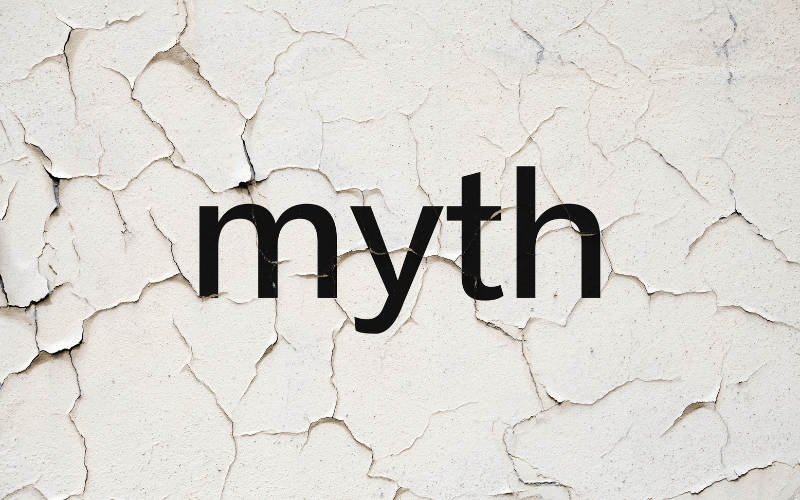Fact 12: Debunking the Myth – Teething and Illness

There’s been a longstanding belief in many cultures that teething can cause a myriad of symptoms in babies, ranging from fever and diarrhea to a general feeling of being unwell. However, modern medical research has debunked many of these myths, providing clarity on what parents can realistically expect during this developmental stage.
While it’s true that teething can make a baby fussy or irritable, it’s not typically responsible for making a child seriously ill. Mild symptoms like drooling, gum irritation, and a slight increase in temperature might occur, but anything beyond that warrants a closer look. Contrary to popular belief, teething does not cause high fever, severe diarrhea, or illnesses that require medical attention.
It’s crucial for parents to differentiate between teething symptoms and signs of illness. If a baby has a fever above 100.4°F (38°C), it’s a signal that something else might be at play, and it’s time to consult a healthcare professional. Similarly, prolonged diarrhea or any signs of dehydration should prompt an immediate medical evaluation.
In some cases, teething might coincide with a baby picking up common bugs, leading parents to mistakenly attribute the illness to teething. It’s a critical period in a baby’s life when they’re exploring the world, often putting objects in their mouths, which can increase the risk of exposure to germs. Therefore, maintaining good hygiene practices is paramount.
The key takeaway for parents is to stay observant and informed. By understanding the normal symptoms associated with teething and being able to identify signs of illness, parents can provide the appropriate care for their little ones, ensuring their well-being during this significant milestone. (12)